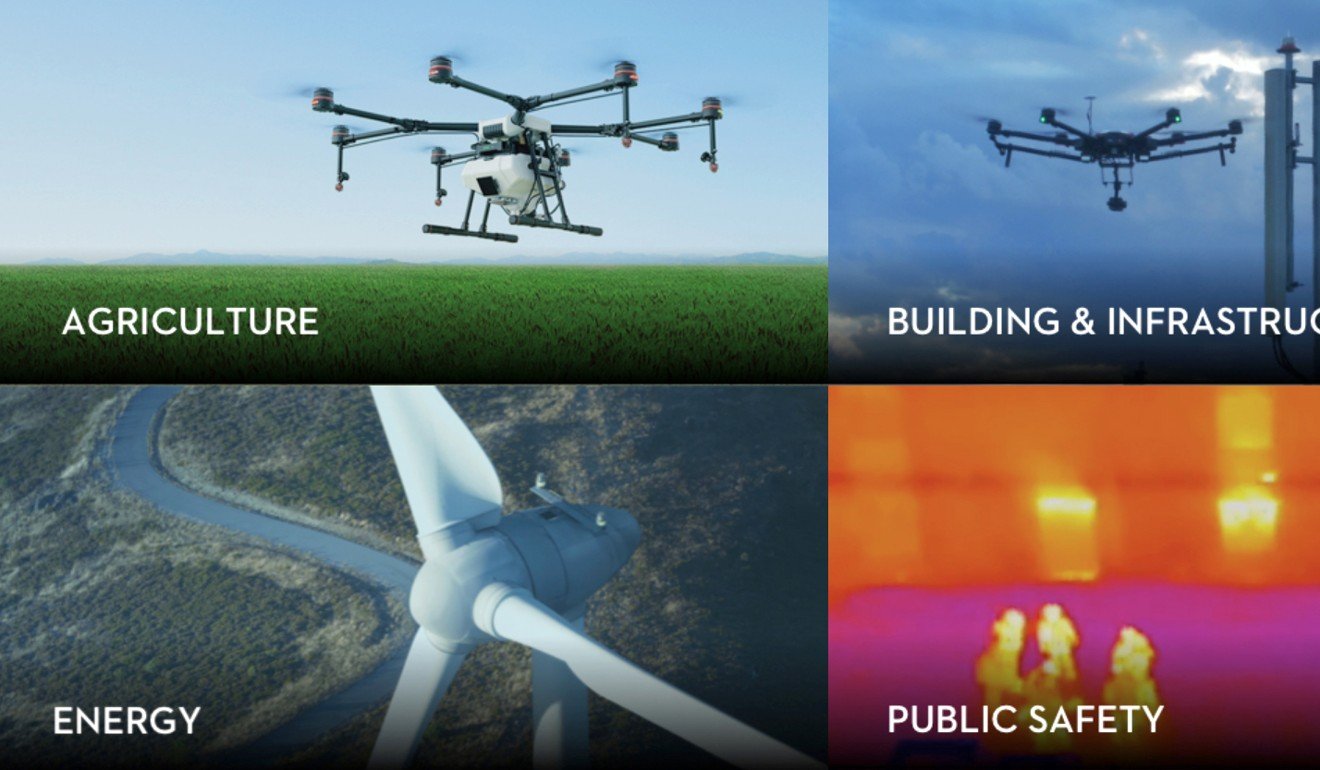
Hong Kong police test thermal DJI drones for its elite units
The Chinese firm was subject of US ban because of cybersecurity concerns
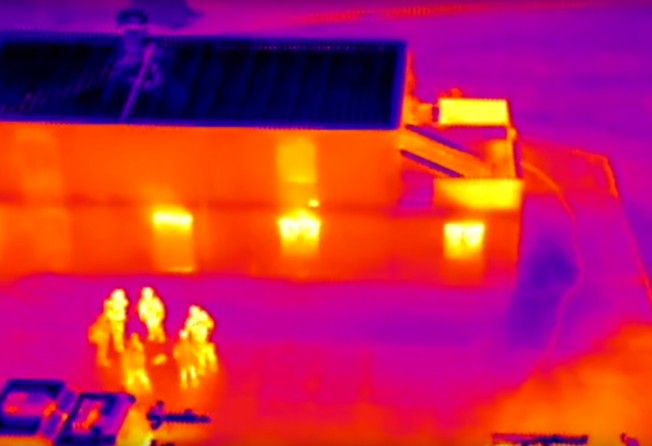
Hong Kong’s elite police squads have been testing thermal drones made by the Chinese company that recently had its equipment banned by the US military over cybersecurity concerns, according to sources.
The drones, made by DJI, the world’s largest manufacturer of unmanned aircraft vehicles, were under consideration for anti-crime and antiterrorism operations, senior police sources told the Post. But they would not be used for surveillance at rallies or protests.
“Besides using it to fight against terrorism, the infrared night vision can help locate culprits, such as illegal immigrants, burglars and abductors, hiding in mountains or dim public areas,” one source said.
DJI was the subject of controversy last month after a US army memo ordered all soldiers to stop using equipment made by the company because of an unspecified security risk.

The ban also prompted Australia’s defence department to suspend using drones of the same brand for two weeks. The drones were back in use after the Australian military revised operating procedures.
Hong Kong police bought the drones before the US ban and elite units have been conducting trial runs in their headquarters in Fanling. The drone model, which is equipped with infrared sensors and cameras that capture high-quality contrasting images that can read body temperatures, is not listed on DJI’s website and is not available to the public.
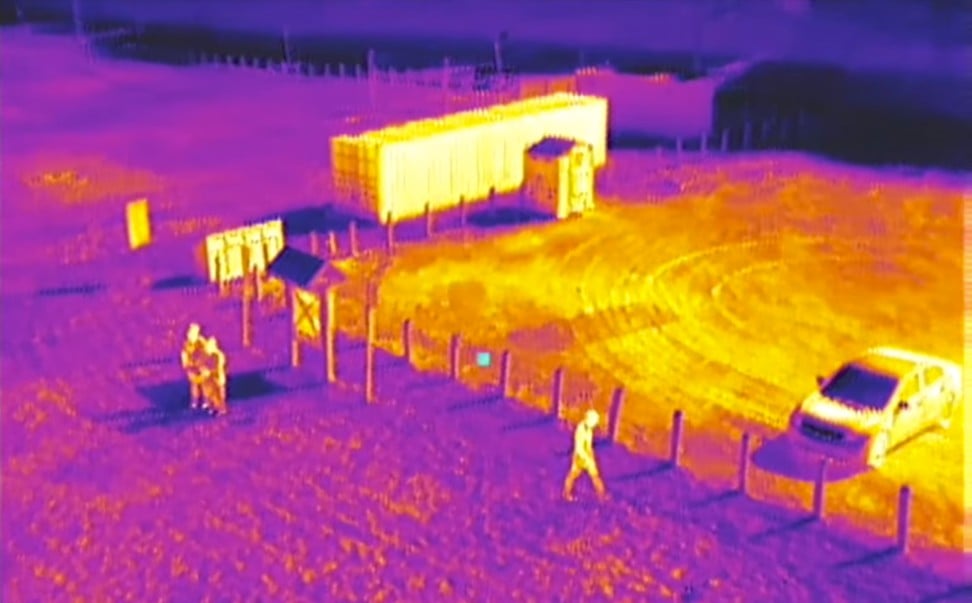
“The drones also facilitate site survey and rescue missions in bad weather, such as rain and fog, a senior police source said. “The aircraft can reach and search places that are difficult for officers to access.”
The sources all said the force saw “no need” to deploy the drones to monitor public rallies, such as the July 1 annual pro-democracy marches, adding that police officials were “very conscious” of the public outcry their use would cause.
DJI, which is based in Shenzhen, tightened data security on its drones soon after the American ban, which the US military said was “due to increased awareness of cyber vulnerabilities associated with DJI products”.
Without detailing the security concerns, the US military ordered the removal of all DJI applications, batteries and storage media from the devices.
DJI later updated its software to prevent flight data from being shared online.
A DJI spokesman said last month that the company did not collect data for profit and was committed to ensuring cyber-security for all of its customers.
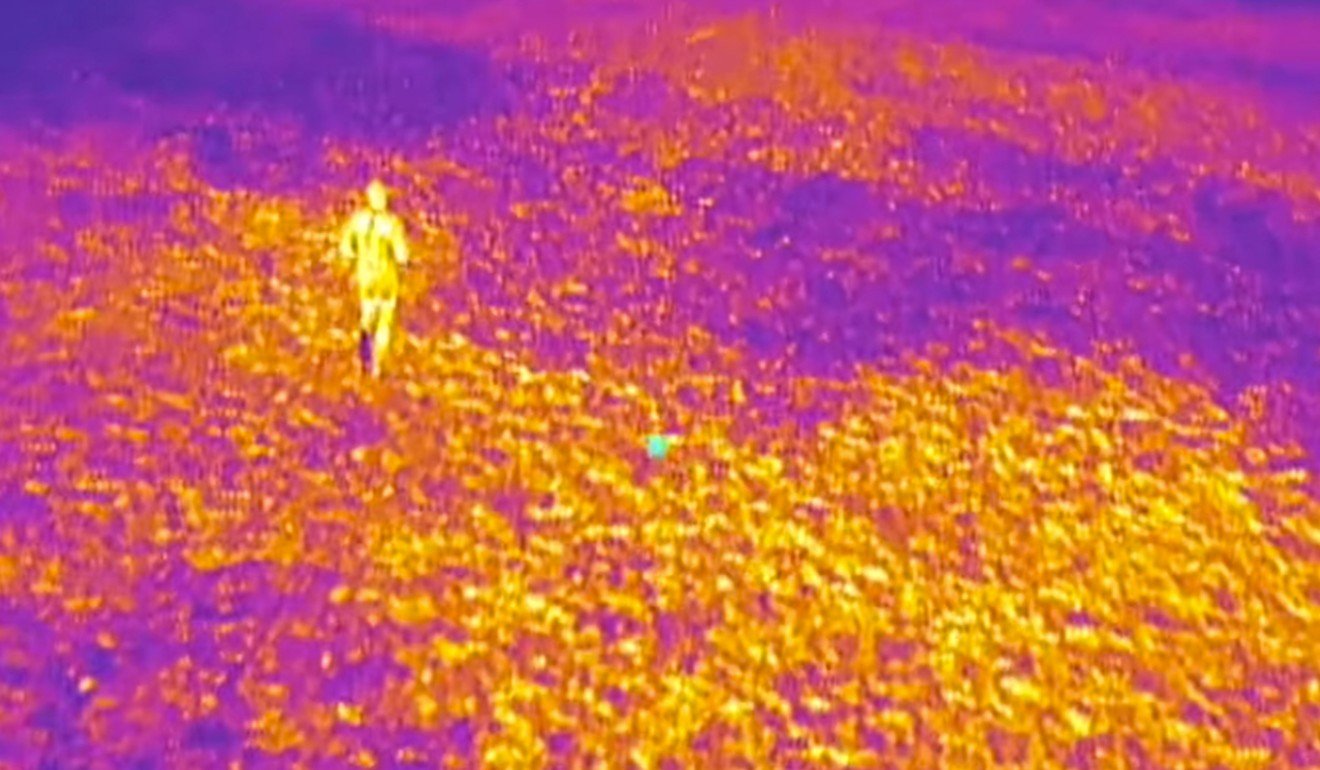
Hong Kong police were aware of the ban and software updates DJI made, the sources said.
The senior police source emphasised that the force was still testing the drones, and there was no decision on whether to use the aircraft as “regular equipment”.
“We have not used it in real operations so far. We have to test the aircraft in many aspects, such as its durability, legal issues, privacy concerns and its impacts on members of the public.”
Another senior source said the use of drones in rescue missions was an “increasing global trend” which had prompted the force to “have a thought about it”.
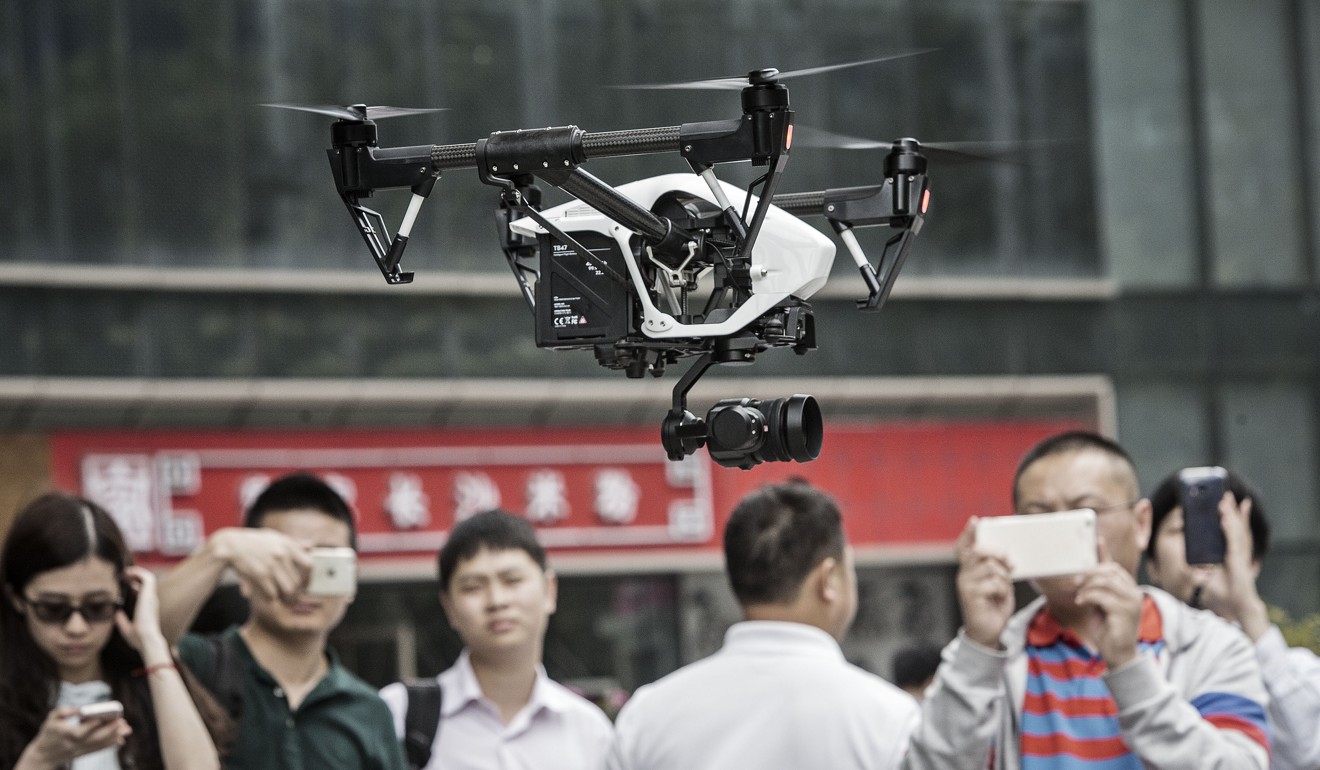
“But there are many limitations we have to hurdle,” he said. “Intrusive surveillance is not on our table so far because it causes legal issues and privacy concerns. We need a court warrant if we use it.”
A police spokeswoman refused to comment in detail about the drones, saying only that the force regularly reviewed equipment to ensure its suitability.
“Police will source and procure different items of equipment suitable for operational purposes in accordance with the established procurement procedures,” she said.
The Fire Services Department has spent HK$200,000 on three DJI drones, including one with thermal imaging. The devices were used in a successful rescue operation at Sharp Peak less than two weeks ago.
A spokeswoman said fire services would inform the Civil Aviation Department (CAD) about the locations and duration of operations, as well as intended flight altitude limit.
The CAD said drone operators, including those in the police and fire services as well as civilians, should follow safety rules and were governed by Article 48 of the Air Navigation Order.
“A person shall not recklessly or negligently cause or permit an aircraft to endanger any person or property. The requirement applies to government departments operating unmanned aircraft,” a CAD spokeswoman said.